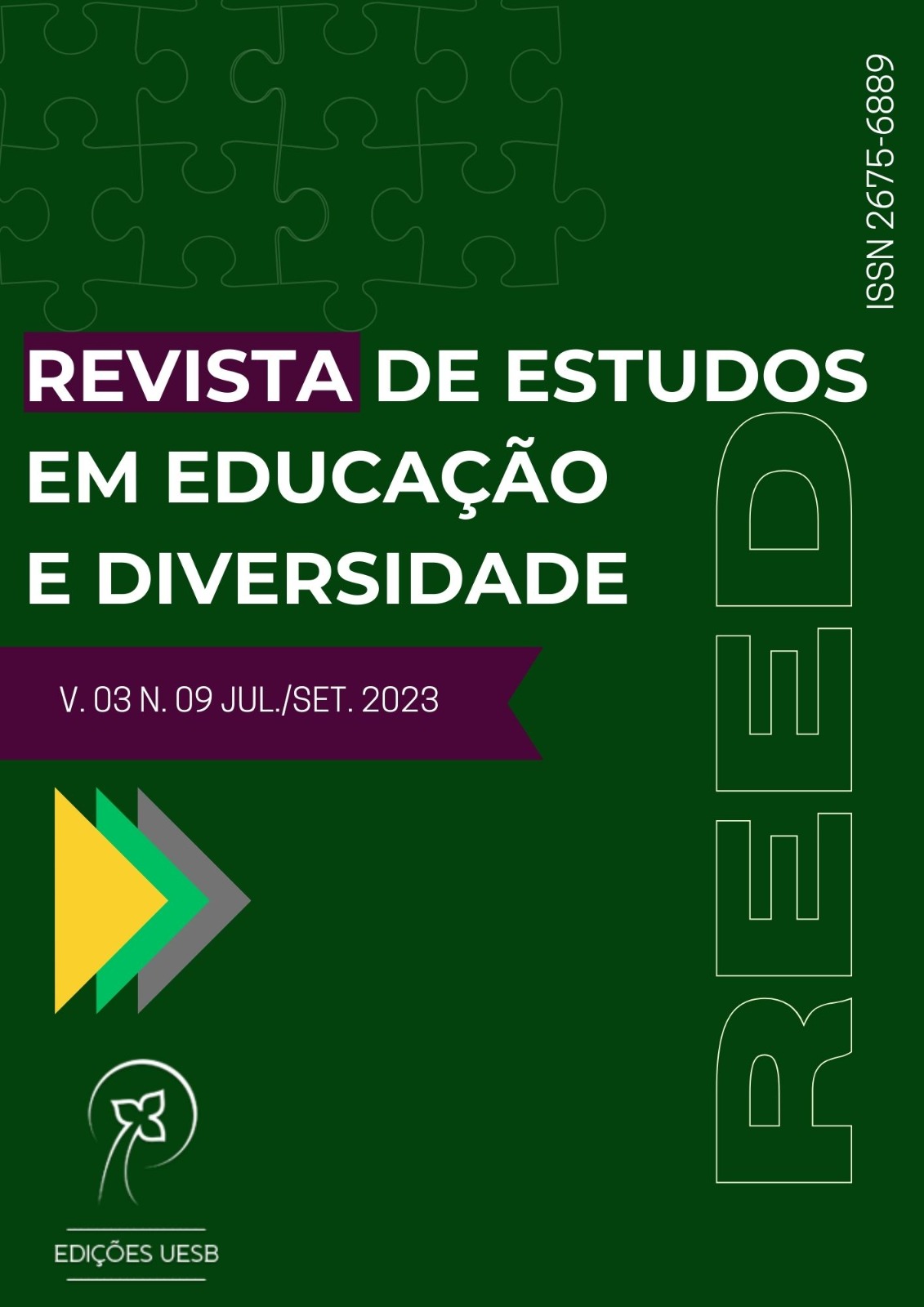El papel de la educación en la mujer: una mirada sobre el poblado de Malova en la ciudad de Lichinga
DOI:
https://doi.org/10.22481/reed.v5i12.15597Keywords:
education, woman, communityAbstract
The research has as its central point to indicate the challenges of an uneducated woman in society. Looking at education as a process that involves the integral development of the individual, it is urgent that it accompany their aspirations, their material, spiritual and cultural needs. In this village it is verified that having a Primary School, many girls aged between 10 and 16 years do not attend school; are vulnerable to premature marriages and other ills. In this perspective, the research aims to understand the causes of girls' lack of adherence to school in the period 2022-2024 in that village. The research is qualitative, with participants from the School Board, Head of Administrative Post and parents. For data collection, the interview and comparative documentary analysis (school statistics) were used as tools. It was concluded that the main causes are: influence of initiation rites which has as consequence early pregnancy, premature marriages, lack of female models in the family, difficulty of the use of the Portuguese language and poverty. It is hoped that the results of the survey will raise awareness in the community of that village about the importance of girls' education; for local authorities the need to hold community awareness talks in order to get girls into school; that the school implement gender policies and develop activities that encourage girls' adherence to and retention in school.
Downloads
References
AFONSO, G. A educação formal e educação informal em ciências. 1. ed. São Paulo, 2022.
ALTUNA, R. Cultura tradicional Bantu. Secretariado Arquidiocesano de Pastoral, Luanda,1993.
BANCO MUNDIAL. PSIA II – Follow-up study of primary education and baseline study of secondary education. Mozambique, Banco Mundial. Maputo. 2007.
BASTOS, J. N; DUARTE, Stela Mithá. Rumo a um ensino básico de qualidade em Moçambique. In: BASTOS, J. N; DUARTE, S. M.; DIAS, H. N. (orgs.). Ensino Básico em Moçambique: Políticas, Práticas e Qualidade. 2016.
CIPIRE, Felizardo. A educação tradicional em Moçambique. 2. ed. Maputo: Publicações Emedil, 1996.
LOBROT, M. Para que serve a Escola? Terramar - Editores, Distribuidores e Livreiros, Lisboa, 2022.
MORAN, J. M. A integração das tecnologias na educação. São Paulo: Cortez Editora, 2018.
NUNES, R. F.; OLIVEIRA, M. C. A educação de mulheres e o impacto no desenvolvimento social. Revista de Estudos de Gênero, v. 25, n. 1, p. 45-61, 2020.
PLANO CURRICULAR DO ENSINO BÁSICO. Ministério da Educação-Moçambique. Maputo, 2003.
PLANO ESTRATÉGICO DE EDUCAÇÃO E CULTURA. Fazer da escola um plano de desenvolvimento consolidado a moçambicanidade. Maputo, 2006.
PONCE, A. Educação e luta de classes. Editorial Veja, Lisboa, 1979.
SANTOS, R. C.; Rodrigues, F. J. A importância da educação formal no desenvolvimento profissional. Educação em Debate, v. 40, n. 3, p. 112-128, 2020.
Downloads
Published
How to Cite
Issue
Section
License
Copyright (c) 2024 Revista de Estudos em Educação e Diversidade - REED

This work is licensed under a Creative Commons Attribution 4.0 International License.
You are free to:
Share - copy and redistribute the material in any medium or format; Adapt - remix, transform, and build from the material for any purpose, even commercially. This license is acceptable for Free Cultural Works. The licensor cannot revoke these freedoms as long as you follow the terms of the license.
Under the following terms:
Attribution - You must appropriately give credit, provide a link to the license, and indicate if any changes have been made. You may do so in any reasonable way, but not in a way that suggests that you or your use is endorsed by the licensor.
There are no additional restrictions - You cannot apply legal terms or technological measures that legally restrict others to make any use permitted by the license.






